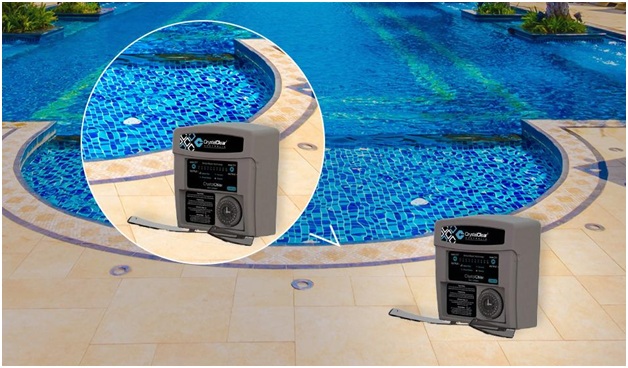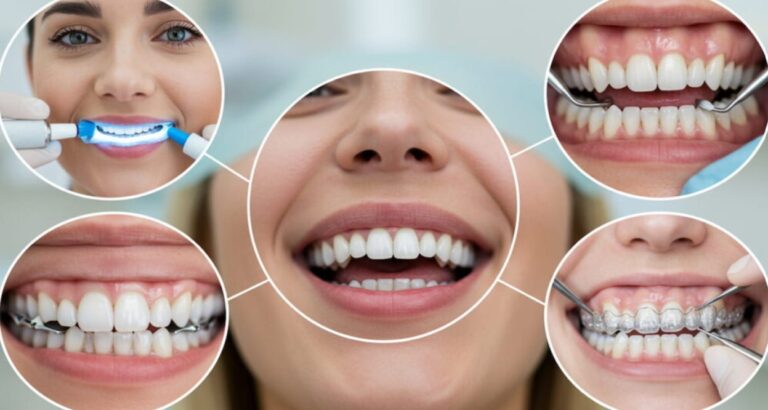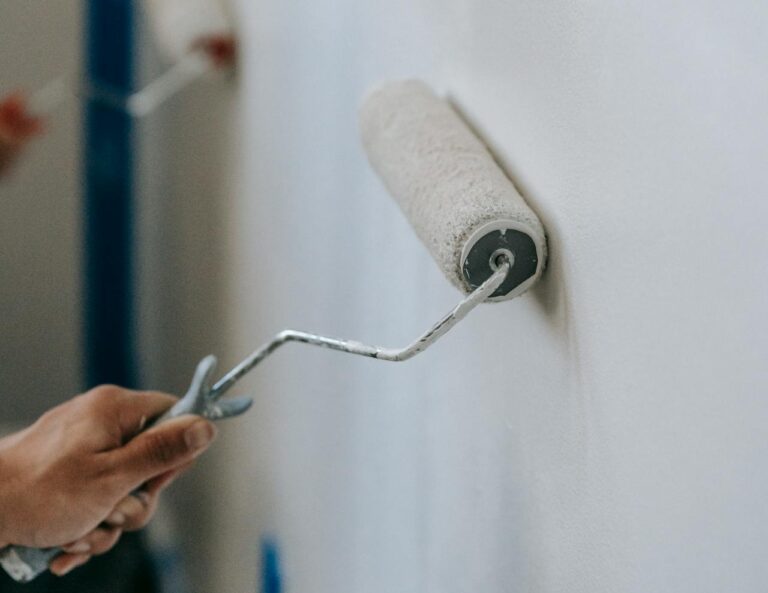
An environmentally friendly option for producing chlorine is a salt water chlorinator. Saltwater Pools allows you to create chlorine that is ‘locally sourced and organic’ at your location.
How Does It Work?
The mildly salty water goes through a salt chlorine generator; a series of metal plates with electric charges transforms the salt into chlorine through electrolysis. Once the chlorine molecule has completed its task, it returns to its original form of salt and water, initiating the cycle once again.
Modern saltwater generators utilise sensors to track chlorine and salt levels, water temperature, and water flow and are fully computerised with user-friendly digital interfaces. Install the control box, connect the salt cell, and add the pool salt!
Benefits of Saltwater Pools for Families and Friends
Maintenance
Weekly maintenance for saltwater pools involves checking salt concentration, pH, and chlorine levels. The salt cell consists of multiple layers of metal plates that generate chlorine. They only require small amounts of salt annually to complete the salt level lost during backwashing, splashing out or winterising. We do not need to manually add chlorine, as saltwater generators are self-regulating, eliminating the need to shock the pool to remove chloramine. But when the spring season starts, you have to use pool shock to treat algae or remove stains.
Cleanliness
Adding salt chlorine to pool water quickly converts it into effective sanitising agents: hypochlorous acid and hypochlorite ions. These substances quickly eradicate dangerous microorganisms, frequently within seconds of contact.
The chlorine made by salt chlorine generators is the same as the chlorine produced in the form of tablets, shock treatments, or bleach. When it comes to disinfection abilities, salt-generated chlorine is just as effective as chlorine tablets.
Health
Swimming in conventional pools with chlorine can come with certain disadvantages. The chemicals could result in your skin and hair feeling dry and itchy. Moreover, the production of chloramines is responsible for causing red, irritated eyes, skin irritation, and, in certain situations, respiratory problems.
Saltwater pools provide a milder option. They keep chlorine levels more stable, decreasing the chances of chloramine accumulation. This leads to a swimming experience that is frequently more pleasant for numerous individuals. Although saltwater pools still contain chlorine, they are preferred by numerous swimmers. The skin senses a smoother touch from the water.
Conclusion
Saltwater pools provide various advantages that make them an appealing choice for families and friends seeking to establish a peaceful and enjoyable outdoor space. These innovative pool systems for your home are worth considering due to their gentler swimming experience, fewer maintenance needs, and potential cost savings in the long run.
Also Read: Recommended Shopping List from a Pool and Hot Tub Store in Toronto
Although not ideal for everyone, numerous homeowners discover that the benefits of saltwater pools suit their lifestyles and preferences. By carefully evaluating the advantages and taking into account your individual requirements, you can intelligently decide if a saltwater pool is suitable for your backyard sanctuary.
In the end, whether you choose a salt water system or continue using a traditional chlorine pool, the key is to establish a safe, cosy, and fun space for creating lasting memories with loved ones. By taking good care and keeping up with maintenance, both types of pools can offer many years of enjoyable and relaxing experiences.








